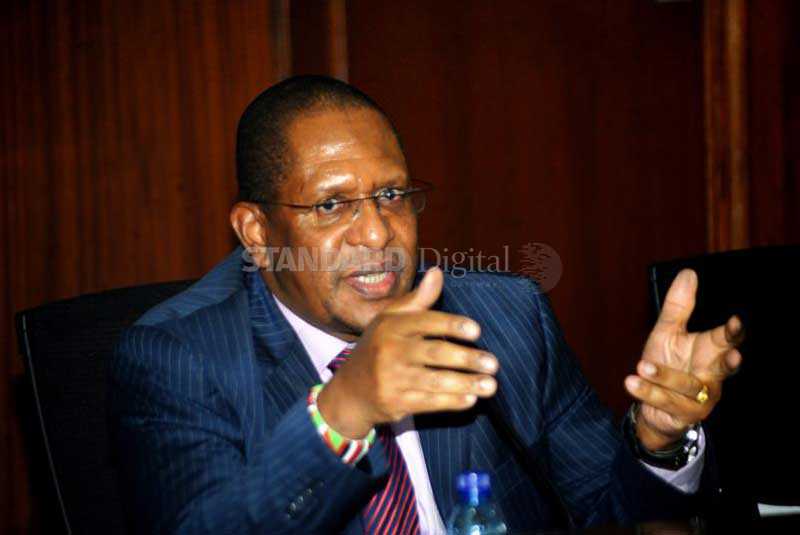×
The Standard e-Paper
Kenya’s Boldest Voice

Outgoing Director of Public Prosecutions Keriako Tobiko has explained how his office helped the country dodge a crisis after last year's polls.
Mr Tobiko said they stopped any form of violence by developing standard operating procedures, rapid reference guide for the investigation and prosecution of election-related offences, model charge sheets for electoral offences and a memorandum of understanding (MoU) for structured engagement with the electoral commission.